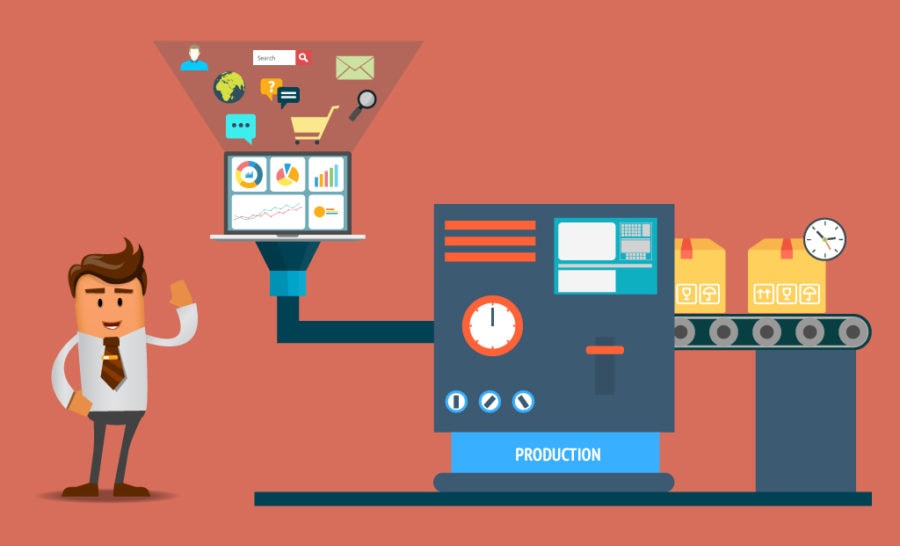An ERP is a vital system to streamline the company, as it allows the organization to focus on its business objectives, the needs of its customers and the changing market situation. But how does he actually do it?
Automation
An ERP takes care of delete repetitive tasks that generate little value for the business to the workers; but that, in spite of this, it is necessary to carry out. Thus, employees can focus on issues that generate more return, more value or anticipate the future. This characteristic of an ERP to streamline the company not only helps to spend time on what is really important, such as decision making, closing sales or strategic definition, but also saves time and resources, reduces errors, increases the information security, makes operations more efficient, etc.
simplicity
The greater the complexity of a business, the slower it becomes. The proposal of an ERP against this is the possibility of having a single system to manage all processes, using the single data, favoring agile communication between teams and simplifying workflows. In situations of high growth or recession, operations can become more complex, facilitating a lack of control in the data or technological mismanagement, two situations that an integral ERP avoids.
Simplicity also extends to the IT level, since having an ERP to manage the entire organization often implies having a single technology provider. This facilitates management and maintenance, and also strengthens trust and collaboration with a single consultant. This collaboration helps to provide an agile and simple response to new business needs.
Scalability
Leading ERPs have the ability to increase or decrease their benefits according to the needs of each moment. A modular ERP such as Business Central allows comprehensive management of the entire value chain and company operations, but it can be deployed gradually and integrating departments or tasks depending on the company’s possibilities.
In the new modalities, in addition, the ERPs receive functional and technological updates regularly, quickly and efficiently, which are implemented automatically. This does not entail additional costs or imply interruptions in the day to day, so new features that add more value can be taken advantage of, in an agile and uncomplicated way.
Control
All the data, in the same place and without duplication, allows greater control over the information and, therefore, over the processes. This enables business to be streamlined because they can be accessed anytime, anywhere, and from any device, without compromising security. Thus, the different teams can collaborate without friction from any location, also allowing new ways of working beyond face-to-face; which in turn allow greater flexibility and agility.
Also, an ERP eliminates data silos, where information is distributed in a way that is often unknown and beyond control. The information in a single point, which is deployed throughout the organization, allows for more agile decision-making, reduces the time to find relevant data and allows greater adaptation to the different situations that may arise.
In changing, competitive or crisis environments, streamlining the company is a value of the utmost importance. Agility makes it possible to adapt more quickly to changes, better overcome difficulties, maintain competitiveness and have greater flexibility in periods of growth. Discover how an ERP can help you be more agile requesting a personalized demo.
